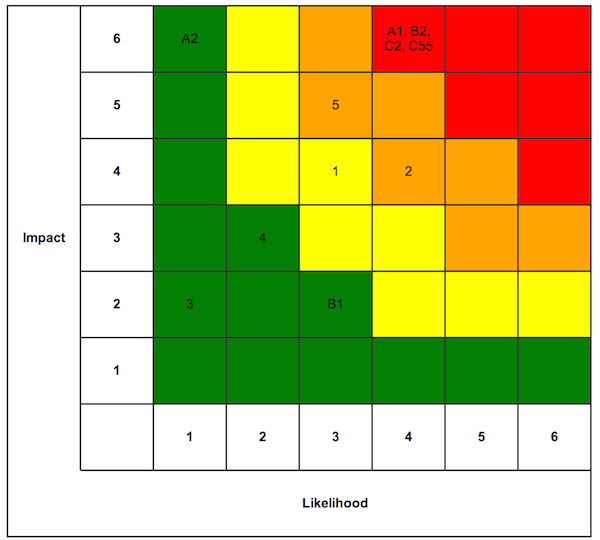Dell recently announced that they're accepting Bitcoin. Here's a blog post I wrote for the Decentral blog about how companies like Dell and Expedia are accepting Bitcoin: http://blog.decentral.ca/post/92445053308/how-dell-expedia-and-others-accept-bitcoin-payments.
The short version is that most companies are using Coinbase (US-only) or BitPay. Both of these services work well with Shopfiy.


